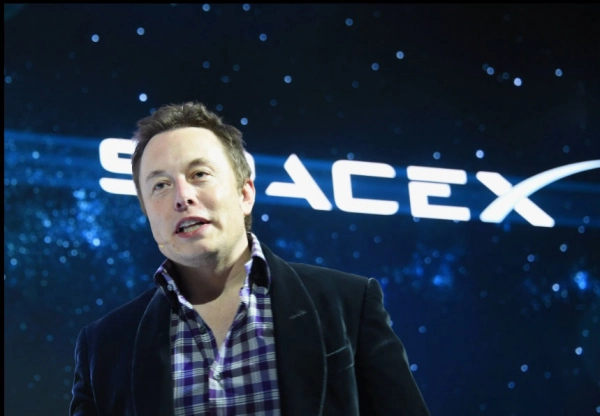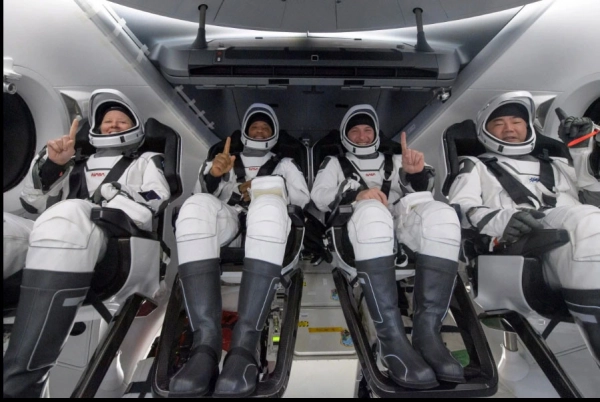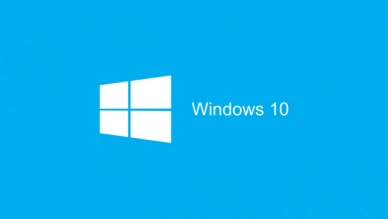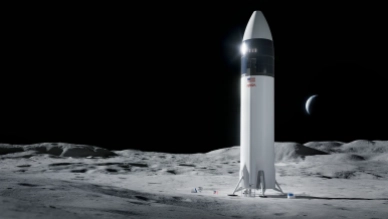SpaceX - From Crazy Idea to Billion-Dollar Empire
With bold vision and extraordinary determination, Elon Musk has turned the dream of conquering space into reality. SpaceX, his brainchild, has evolved from a small startup to one of the world's leading aerospace companies, valued at billions of dollars.
The Madman Obsessed with Space
Every century has a person who redefines the world. They change how we think and act, reshaping our understanding of ourselves and our place in the universe. This century, that person is Elon Musk.
Elon Musk has been compared to Thomas Edison and Steve Jobs, individuals with crazy ideas and quirky actions. Musk, the richest man on the planet, has displayed his eccentricity right from his name. Born in South Africa, Musk has a complex family background: his maternal side comes from North America (USA and Canada), and his paternal side from England, later moving to South Africa. The name "Elon" originates from his maternal family. Musk's grandfather was John Elon Haldeman, thus Musk inherits his surname from his father.

Elon Musk once shocked the world with his crazy idea (or ambition) of turning Mars into a colony of Earth. Journalist Ashlee Vance, who wrote Musk's biography, revealed that Musk once expressed his desire to retire and die on Mars.
As a child, Elon Musk devoured tons of science fiction books. It's no wonder he's so fixated on space.
The universe holds a significant allure for humans. Many dream of visiting space, exploring things beyond Earth. Musk, a sci-fi enthusiast, is no exception.
In recent years, Elon Musk has gradually shifted from the idea of building greenhouses on Mars to organizing numerous rocket launches carrying cargo and people into space by establishing SpaceX, a private aerospace company.
According to Musk, despite the tough early years, the company made history by launching the Falcon 1 rocket into orbit, succeeding on its fourth attempt.
SpaceX: Milestones and Achievements
Space Exploration Technologies Corp. (SpaceX) is a private aerospace manufacturer and space transportation company created to launch satellites into orbit and transport cargo. The company builds a reusable launch and rocket system, significantly reducing the cost of space travel.
In 2001, Musk and a few friends went to Russia to buy some intercontinental ballistic missiles. At that time, he had no business intentions; he merely wanted to use his wealth to buy a cheap Russian missile to send some plants or mice to Mars and ensure their safe return.
However, the negotiations failed, prompting Musk to declare that he could prepare a rocket himself. A few months later, SpaceX was born.

Musk's goal with SpaceX is to develop a rocket that is both low-cost and reusable, capable of making multiple trips.
To achieve this, Musk recruited rocket designer Tom Mueller, who worked with the company for two years to develop Falcon 1, SpaceX's first rocket. Musk also contributed to the project by investing $100 million from his personal funds.
In 2010, SpaceX made headlines worldwide by becoming the first private company to launch a payload into orbit and return it safely to Earth. In 2012, SpaceX continued to make history by sending a cargo ship to the International Space Station (ISS).
On December 21, 2015, SpaceX launched a rocket named Falcon 9 into space and successfully landed it back on Earth intact, marking a new milestone in the company's history.
On May 30, 2020, SpaceX launched its first crew mission, with a test flight named Demo-2 taking NASA astronauts Bob Behnken and Doug Hurley to the ISS. This was followed by the exciting launch of a crew of four astronauts to the ISS on November 15, 2020, making SpaceX the only commercial airline capable of sending astronauts into space by early 2021.
After four failed test flights, SpaceX successfully launched and landed its future Starship vehicle on May 5, 2021, completing the test flight of the rocket that Elon Musk plans to use to land astronauts on the moon and send people to Mars.
Most recently, on April 8, SpaceX's Falcon 9 rocket launched the Crew Dragon spacecraft from the Kennedy Space Center in Florida (USA), carrying four civilian crew members. This marked the first time a private crew visited the ISS.
Business Model and Revenue Sources
Since its founding in 2002, SpaceX has developed a range of spacecraft and rocket systems, consistently aiming to significantly reduce costs by building many reusable system components.
Pioneering in this field and continuously achieving success in launching and reusing rocket components, the company aims in the long term to establish fully reusable rocket systems as a means to access other planets.

SpaceX earns money by launching satellites into low Earth orbit and transporting cargo to and from the ISS.
SpaceX can launch a rocket for only $90 million compared to $380 million for competitors. The lower cost is partly due to the company's focus on in-house manufacturing. For example, instead of spending $50,000 - $100,000 to buy radio equipment and other communication devices, SpaceX can produce these items for $5,000.
This allows SpaceX to schedule more frequent launches and provides better opportunities to refine and enhance the reusability of its components.
The company's valuation has increased over the years, outpacing revenue growth. Clearly, SpaceX has additional goals for future revenue, including potential sources from "weapons" like Starlink – the satellite internet constellation.

SpaceX established Demo 2 satellites with a goal of more than 4,000 satellites in the near future to develop the Starlink satellite internet sector. These satellites will provide low-cost internet access on a global scale.
However, another effective potential revenue source is high-speed Earth travel. With its continuous development and reusable rocket technology, SpaceX has posed a challenge to airlines in the near future. The company plans to use a perfected high-speed rocket-based system to transport passengers from one point to low Earth orbit and back safely to a landing site on Earth.
According to internal projections obtained by The Wall Street Journal a few years ago, SpaceX anticipated a more than 200% revenue increase between 2016 and 2020. If the company continues to grow according to those projections, revenue could increase more than fivefold over the next five years.
As of October 2021, SpaceX was valued at over $100 billion. With such a significant value, it can be considered a super unicorn in the tech world, according to CNBC.
Future Plans
According to NASA, SpaceX plans to conduct 52 flights this year. If successful, this will be the most launches the company has ever completed in a year, with the previous record being 31 launches last year.
According to Finty, SpaceX has revolutionized the space travel, transportation, and aerospace manufacturing industries. The company's primary goal is to commercialize space travel, reducing the costs necessary to allow the colonization of Mars and the Moon. To achieve this, the company needs to generate cash flow.
Throughout its operation, SpaceX has held multiple funding rounds, attracting investments from funds like Founders Fund, Draper Fisher Jurvetson, and Valor Equity Partners. In January 2015, SpaceX had a notable funding round with Google and Fidelity Investments investing $1 billion in exchange for nearly 10% of the shares. In 2019, SpaceX held three funding rounds, raising a total of $1.33 billion, according to CNBC. In the latest funding round in April 2021, the company raised about $1.16 billion.
SpaceX will continue to develop the Starlink satellite internet project. The company estimates that building Starlink will cost around $10 billion or more, but believes that this network will certainly be profitable and generate significant revenue. Once a stable cash flow is established, SpaceX plans to publicly issue Starlink shares.
SpaceX also has ambitions for commercial flights using the Starship spacecraft, transporting cargo and passengers to the Moon and Mars. The company aims to become the first enterprise capable of sustainable commercial spaceflight and is getting closer to that goal each year.
Major competitors to SpaceX include Blue Origin, the space venture owned by former Amazon CEO Jeff Bezos, and Virgin Galactic, owned by billionaire Richard Branson, in the rapidly growing commercial rocket venture group.
According to investment bank Morgan Stanley, the space economy could be worth $1 trillion by 2040.
From its inception, SpaceX's goal has been to reach Mars, but the company has also engaged in non-space-related projects.
It will be exciting to see how the super unicorn named SpaceX achieves these ambitious goals.
Submit feedback
Your email address will not be made public. Fields marked are required *
Search
Trend
-
What is Black Myth: Wukong? Detailed Guide on System Requirements and Gameplay
08-21-2024 . 1k view
-
The simplest and fastest way to log into the Chinese TikTok, Douyin.
01-10-2022 . 1k view
-
Blog sites that will accept AI generated content
07-26-2024 . 1k view
-
Call of Duty: Black Ops 6 - Intense, Mysterious, and Surprising Warfare
09-02-2024 . 1k view
-
The "End of Life" for Windows 10: A Massive E-Waste Threat and Sustainable Solutions
08-18-2024 . 943 view










0 feedback